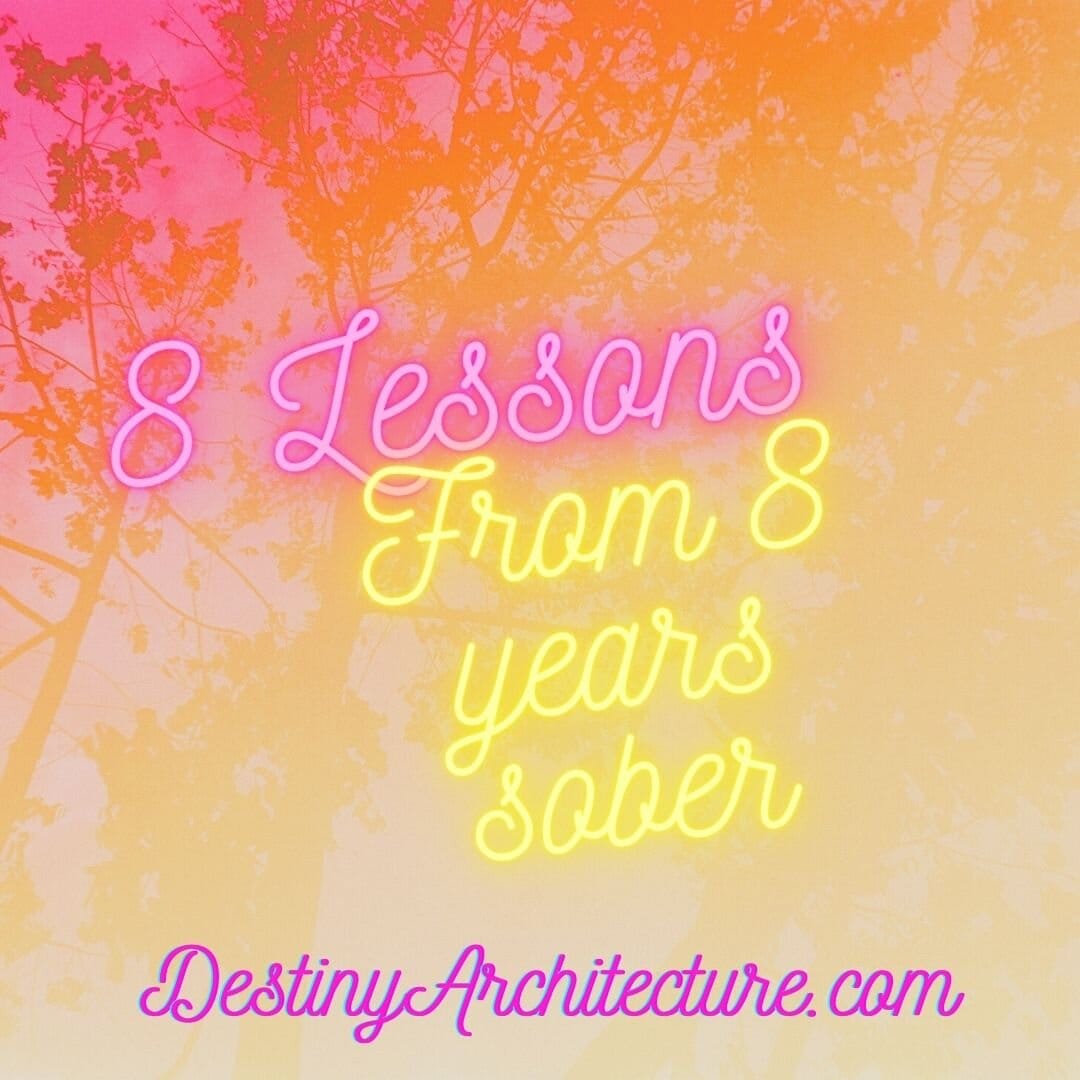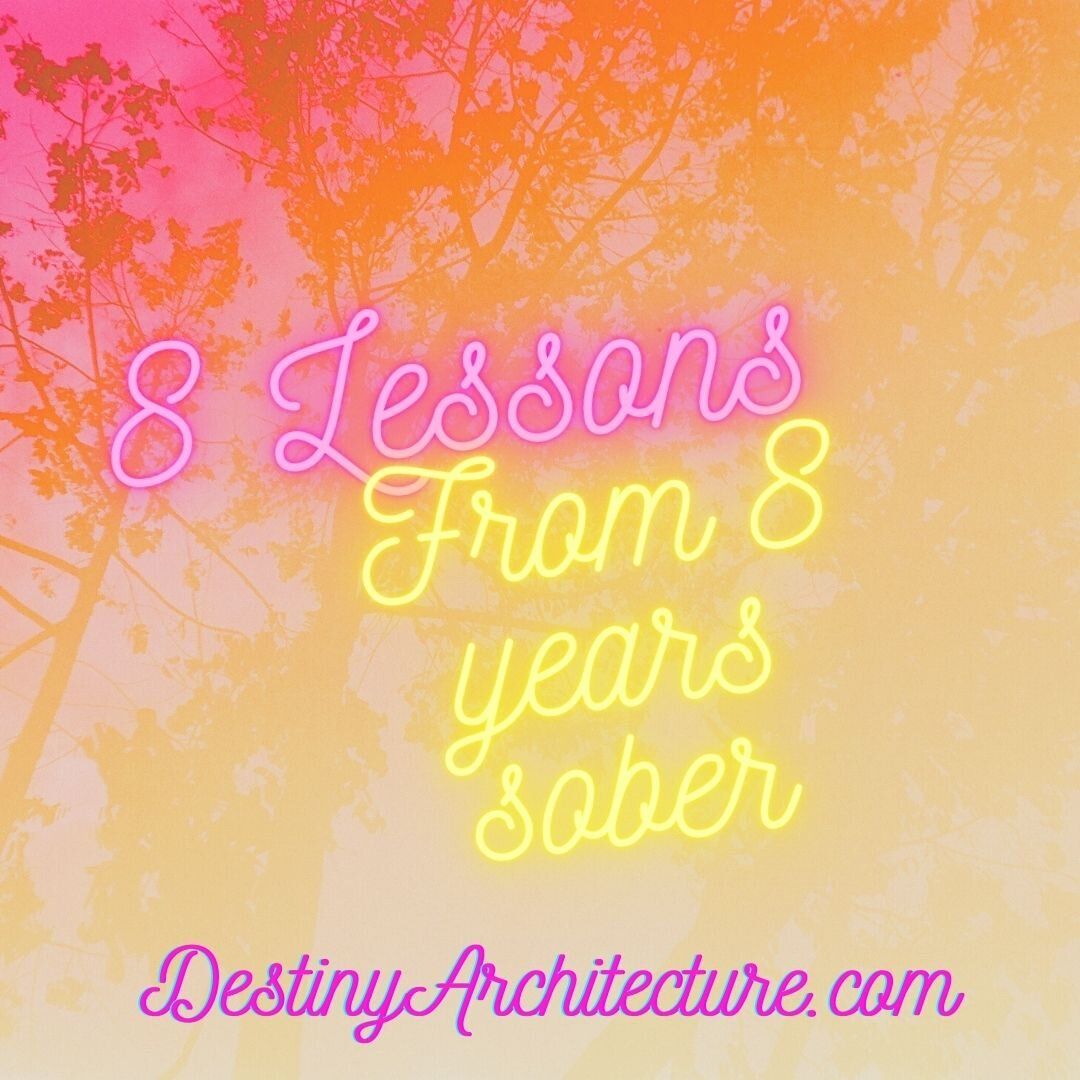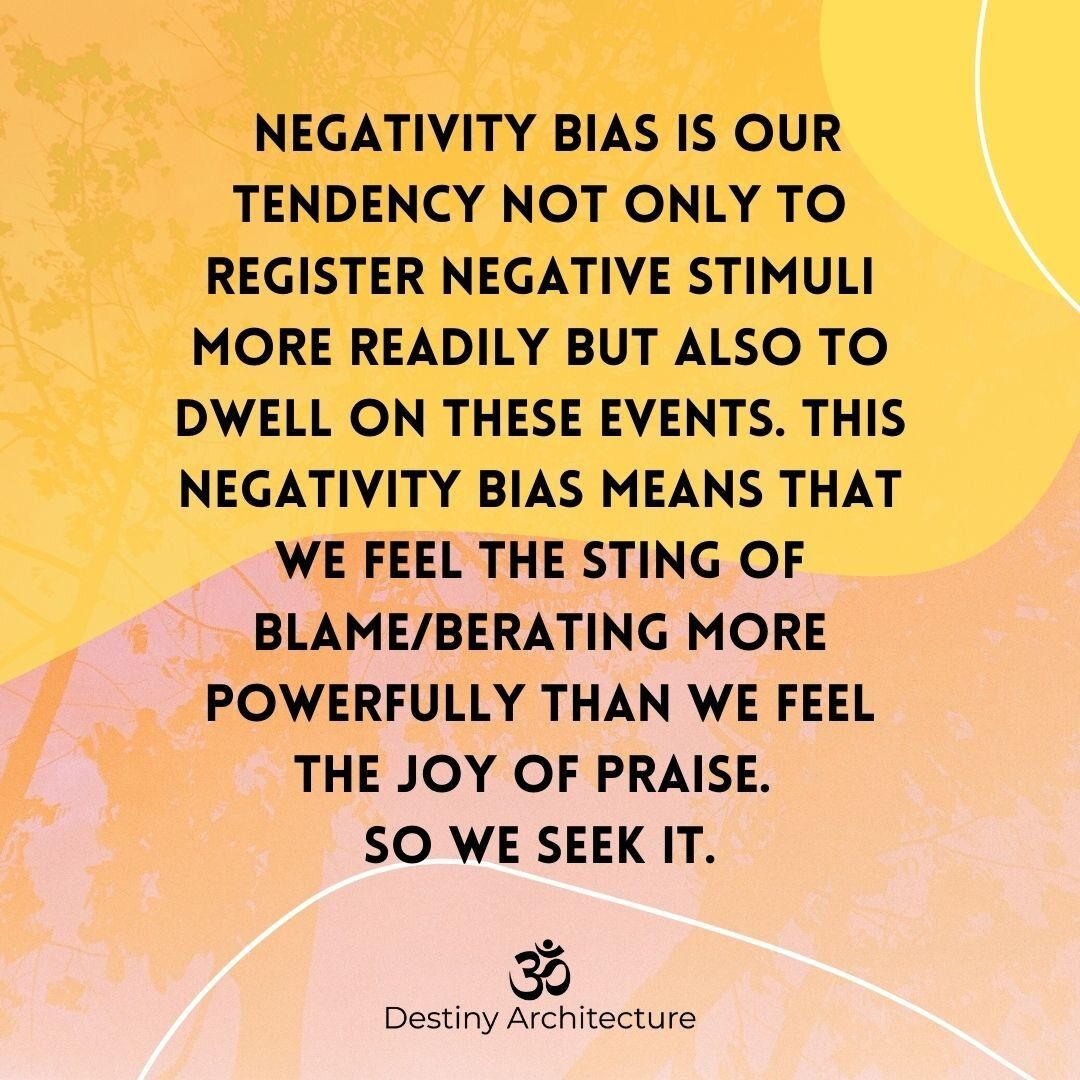8 Lessons I've Learned From 8 Years of Sobriety


Happy 8th year sober!
Life just keeps getting better.
My message hasn’t changed in the past two years since I left the treatment industry. However, my experience has. I’ve managed to have exponential personal growth due to the pandemic, yoga teacher training, a near-death experience, sudden disability, and a major career change.
I’ve written this annual “birthday blog,” but buckle up — this edition for year #8 is longer and more detailed.
I use the phrase “recovery community” in this blog to refer to the people who follow the 12-steps and consider themselves in perpetual “recovery.”
Read previous years’ sobriety round ups:
What I learned from 7 years of sobriety
What I learned from 6 years of sobriety
TL;DR
I’ve now achieved 8 years sober from booze. I'm recovered. Haven't had a drink in 8 years.
I left the recovery community.
I don't call myself "in recovery." I personally consider 12-step groups cults of toxicity. But if you're in one, I don't judge; the same favor has been rarely returned to me from that space.
I truly believe in "many paths."
I believe in harm reduction, moderation, and testing all drugs people want to consume. Narcan for everybody. Less jail/court/prison.
I like following the activities of the Church of Safe Injection, for example. They are saving lives.
Just because I choose to abstain from substances for eight years (well, 8 years without booze, this September will be 20 years without drugs) doesn't mean I have any right to judge how or if you stay sober, if you need to, or whatever that "recovery community" cares about. Go moderate. Do you.
I just want you to live a better life.
I'm a safe person. I made it out of the cult and if you need someone to talk to ever, or vent to, I'm here. I'm living proof you don't have to devote your life to a group, a "program," meetings, or having a "sponsor."
I simply choose to stay sober and I live my life as I choose.
This should be the reward. I don't define myself by this anymore, I got rid of all the sober shirts, sweatshirts, etc. Sobriety isn't the peak. I really hope I haven't met the peak of my life. I feel like I'm just getting started. Middle age is beautiful like that.
What matters is the mark you leave on the world and how you treat others.
This is ultimately why I left the "recovery community." Most of them allowed people to treat others in any way they wanted as long as they stayed sober. There's more to life than being sober. I blocked most of those people on Facebook and in my phone. It's OK to move on. Thanks for the lesson. Real friends remain, as real friends always do!
I enjoy a quieter, more boring life without drama and toxicity.
I love my new career, location independence, and the opportunities that come my way now. After this year's horrendous experience, I'm pretty excited to see where life goes from here.
Now for the longer version:
1. LEAVING AA CONTINUES TO BE THE BEST THING I DID
- I have more time freedom
- I’m saving money. I used to spend $8-18 a week putting cash in the AA basket. That’s $416-936/year saved from a “free” program. I’ve been able to give myself hobbies and a better life as well as being able to donate to reputable causes that can prove where the money goes.
- I’ve filled my circle with far more peaceful, functional people
- I’ve gotten away from a cult of people who reinforce negativity bias, as in, “you’re always going to fail!” “You can’t think on your own!” “Don’t isolate! You need a group! You need a sponsor! You need a babysitter, you good for nothing loser!”
- I view myself as recovered, not “in recovery” I’m not some wretch who needs to constantly be saved.

Check your bias
12-steppers thrive on negativity bias.
Learn more about negativity bias
THE REAL REASON AA DIDN’T SERVE ME WAS RELATIONSHIPS
I had had a lifetime of bad relationships. With men, with friends, and with “family.” I needed to embark on a new path of great, healthy, and nurturing relationships. The 12-step path just doesn’t offer that.
ALSO, I VALUE SPIRITUALITY
AA cheapens, waters down, and co-opts spirituality. I’m into real spirituality. I’m a seeker. But I search with a critical and analytical mind. I experiment. If it doesn’t serve me, I release it.
Christianity serves me. Yoga serves me. Buddhism serves me. Studying A Course In Miracles Serves me. Therapy, self-care, Reiki, coaching, yoga, improving health & fitness — all these things can serve me in a spiritual nature.
2. THERE ARE ALTERNATIVES TO THE 12-STEPS
I love, love, love “The Freedom Model.”
I love that there is room for ideas like harm-reduction, needle exchanges, Narcan for everybody, and organizations like DanceSafe, which tests for drugs at concerts/raves.
I love that there are alternatives to intensive supervision and an AA-based, disease-based model. I think once there are more alternatives presented to the treatment industry, which is ensconced in AA like the court system is, I think there will be more success in helping people deal with substance abuse issues.
Learn more about prison reform
AA doesn’t have a success rate; The Freedom Model success rate is more than 60%.
There are many that try to duplicate the 12-steps with a slightly different flavor, like Celebrate Recovery, or the “Refuge Recovery” I used to attend online until that blew up when its creator was accused of doing ALL THE THINGS Buddhists should never do…
While there are many duplicates, I got away entirely from the social constructs the 12-steps created, like groups, meetings, sponsors, etc. I don’t do that stuff, I don’t do daily recovery devotionals, I don’t do segregated “sober activities.” I just built my life around sober activities. That’s it.
3. I STILL CHOOSE ABSTINENCE AFTER 8 YEARS
- It’s healthier for my body
- Hangovers suck. I don’t want one ever again.
- I dealt with horrific covid brain fog this year, which was worse than any booze blackout ever was. I love staying focused and clear-headed. I love staying hydrated, getting good sleep, and not having the blood sugar issues that come with drinking alcohol. After what I’ve been through this year with covid, health has become one of my biggest concerns in life. I can’t imagine doing anything to damage my body at this point.
I’ve seen it — people who go through something life-changing as I did with covid. They use it as their excuse to go all out and get drunk again. I used my bad experience with covid this year to reinforce how important my health is and how useless drinking would be.
4. BEING “IN RECOVERY” ISN’T YOUR PEAK
Being sober isn’t enough. It’s not a personal peak. It was just a stepping stone to getting the rest of the stuff I want. It also doesn’t define me.
There’s so much more to life than just being sober. Go recover. Then keep building. Getting sober is just a building block that, for me, makes the rest possible.
If you decide you don’t want to be abstinent but want to learn to moderate, even that is better than being a hot mess all the time.
Here’s what we all can agree on: being a hot mess gets you nowhere.
Taking back your time, health, and consciousness is what sobriety offers. Once you can master yourself, the world opens up. You can do it without AA and toxic “recovery” people.
I truly enjoy the sober life.
My life hasn’t centered around drinking for 8 years. Sorry, but going to AA and working in the addiction field still kept my life centered around booze — other people’s extreme use of it. I needed to take back my identity instead of wrapping it around booze — or the absence of it.
I truly believe there’s a point where you get to enjoy just being sober. You don’t have to beat yourself up anymore. You just move on and enjoy a sober life.
I don’t think much about alcohol or drugs anymore. I don’t view myself as a user of those things anymore. That is in my distant past.
5. I am RECOVERED; I am NOT “recovering.”
I think one of the most damaging things we did was take up this language that said, “We are always recovering and must stay vigilant.” If that’s true, I may as well drink. I just don’t view myself that way. I don’t want to.
At some point, you’re recoverED.
Probably around year 5 of sobriety, I began to think this way. I began to step away from the AA cult. My self-esteem went up and I began to try harder to get out of working in the addiction field. I’ve been out of it for two years. The difference in my life is amazing! This language of being perpetually “recovering” or “in recovery” just no longer resonates with me.
At some point, you have to get better. You have to learn to trust yourself.
You also have to learn that it’s not the end of the world if you take a drink — a foreign idea to the recovery community. You take a drink? They are going to beat you up over it; it’s a failure. In that community, it’s abstinence ONLY. This is one of those points where they usually beat people up mentally/emotionally. I’m just not OK with it.
While I choose to remain abstinent for my own reasons, I don’t think it’s right to turn away from the idea that some people can moderate or that it’s not a total failure if someone takes a drink.
Spoiler alert: You don’t have to start drinking/using again to leave the toxic/dysfunctional recovery community. You can just leave. You can stay sober and find better for yourself. Why not? I’ve done it.
6. MY #1 POINT OF CONTENTION WITH THE “RECOVERY COMMUNITY” IS BEHAVIOR
The reason I finally shunned the entire recovery community at large is that people in it get to act however they want towards others as long as they stay sober.
I’ve seen addiction professionals sleep with clients; one shacked up with a convicted rapist; I’ve seen someone violently run away from their home meeting with a gun; I’ve seen the ‘old boys club’ at work in it; I saw someone I once respected lose it all because she wanted a prison pen pal; I’ve seen catty women attack other women they call sisters; I’ve seen them talking behind others’ backs, “when they go back out.”
So I decided, finally, I’m done. (And I don’t use the word ‘finally’ lightly as it’s pretty judgey). Nothing about those people wanted me to be like them or “get what they have.” There’s nothing to emulate there. There’s nothing that makes sobriety look fun. I wasn’t seeing the type of success I wanted to have in my life.
7. SINCE I LEFT THE RECOVERY COMMUNITY, MY WHOLE LIFE IMPROVED
I got better jobs, one right after the other, with much more emotionally intelligent people. I’ve changed careers and built a better professional path. I’ve been learning about money/finance. My professional skill set continues to grow.
These are things the AA cult doesn’t address. If anything, you’re just given bad financial advice from others who are horrible with money and who guilt you into putting more dollars into the basket.
I don’t know about you, but I don’t pay for anything that doesn’t get me results and isn’t supported by research. I want metrics & a success rate I can evaluate.
I decided in order to get away from their type of thinking, I’d have to stop beating myself up.
AA people tell you, “Just be grateful for what you’ve got” instead of striving for better. Every risk you may take is treated as a dangerous predator that will make you drink again. Everything is bad for you. Changing jobs can make you drink, moving to a new city will make you drink, going on vacation will make you drink, and — worst of all to them — your own thoughts or spending time alone is DANGEROUS. You’re always treated as this ticking time bomb who is a total danger to yourself, so you better stay where you’re at and don’t test your tether.
8. I STOPPED WEARING RECOVERY CLOTHING
I used to wear things about being sober, like t-shirts advertising sobriety, recovery, Oxford House, etc. I stopped after I ended up in the hospital emergency room with covid complications. I was wearing an Oxford House sweatshirt that day. The nurse treated me like a dirtbag and gave me a nasty look as he asked about my alcohol/drug history. I realized I was dumb enough to wear that sweatshirt into an emergency room.
Look like an addict, get treated like an addict.
The discrimination is real.
Especially with emergency room nurses and EMS because they’ve revived plenty of people wearing recovery stuff emblazoned across chests that weren’t beating. I’m not going to change the first responder community. But I’m never again going to be treated like crap during an emergency because I’m wearing something that says, “I am, or was, or could be an addict” to others.
I’m still proud of my sobriety, but I don’t want to be lumped into what society largely thinks about “people in recovery.” I’ve broken away from that pack, I don’t want to be judged by what people know of it.
They may have an idea of it from their profession, from popular culture, or from shows on Netflix. If I’ve had bad experiences in the recovery community, so I imagine the rest of the world has too. So I just don’t want to identify with it in any way. (Or be identified with it by others).
Bonuses I’ve noticed after year #8 of sobriety from alcohol:
- I’m no longer interested in drama.
- I’m more focused
- I have more clarity
- I prioritize my freedom much more
- My overall priorities have shifted
- I’m a safe person — I’ve become safe for others to come to when they need to vent or talk about leaving “The program.”
The Fearless 5 Podcast about “Recovery Month” in 2019
